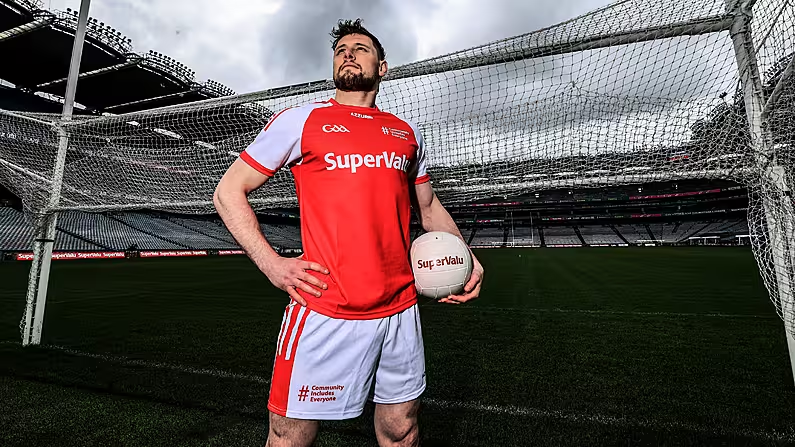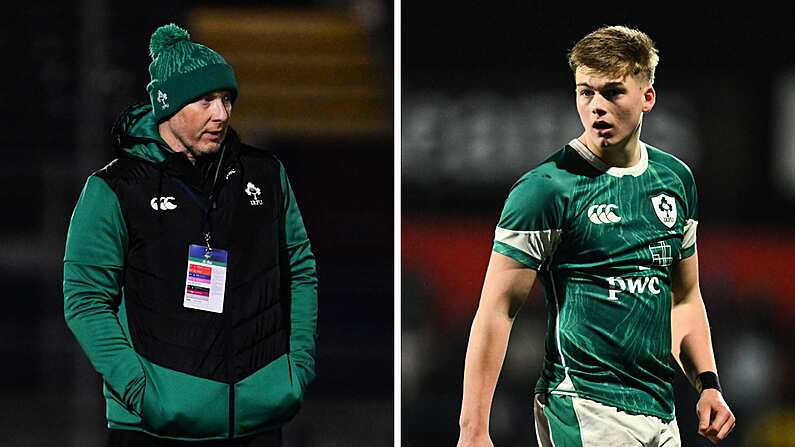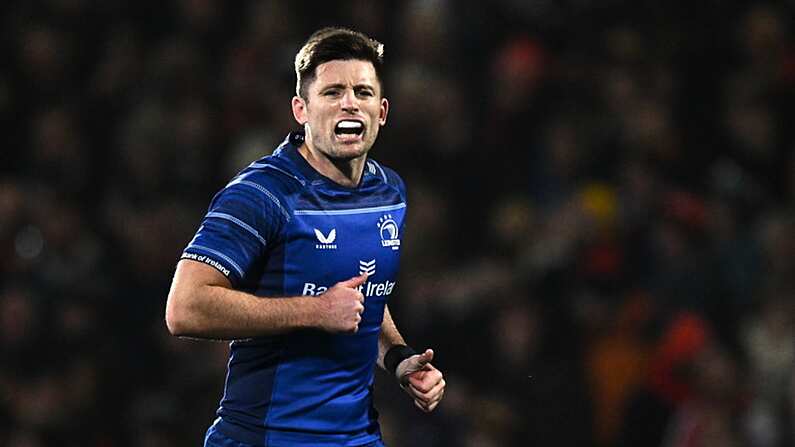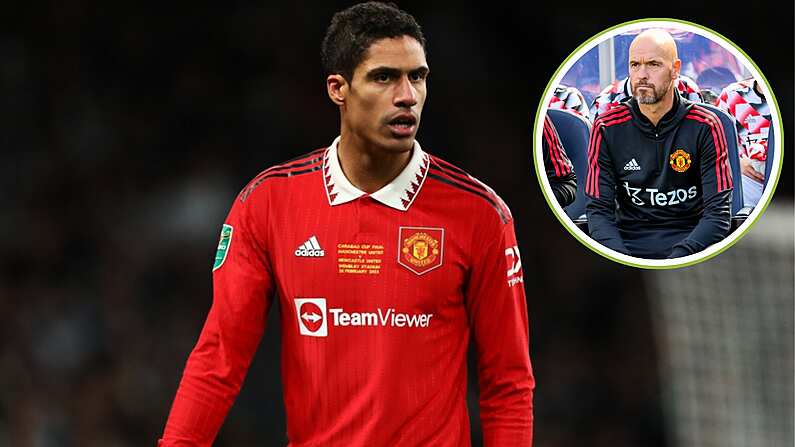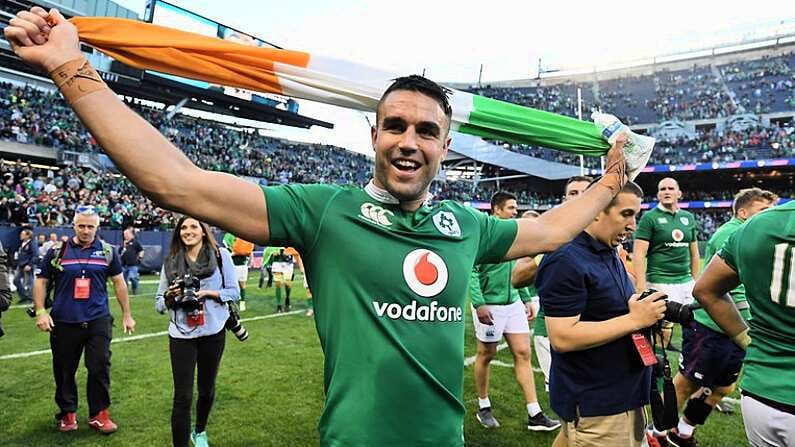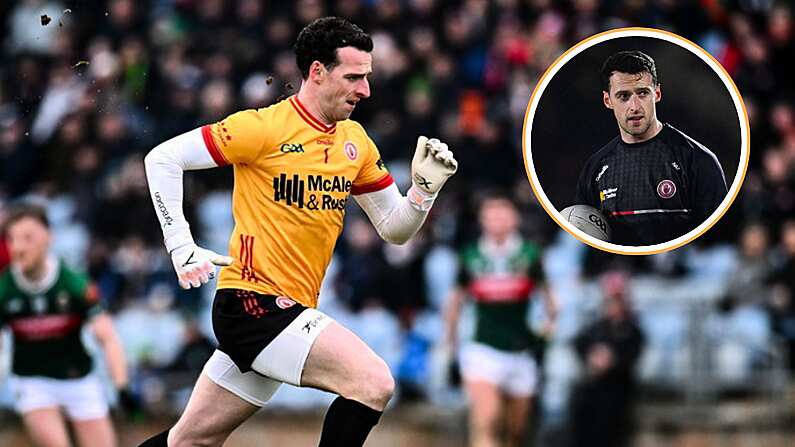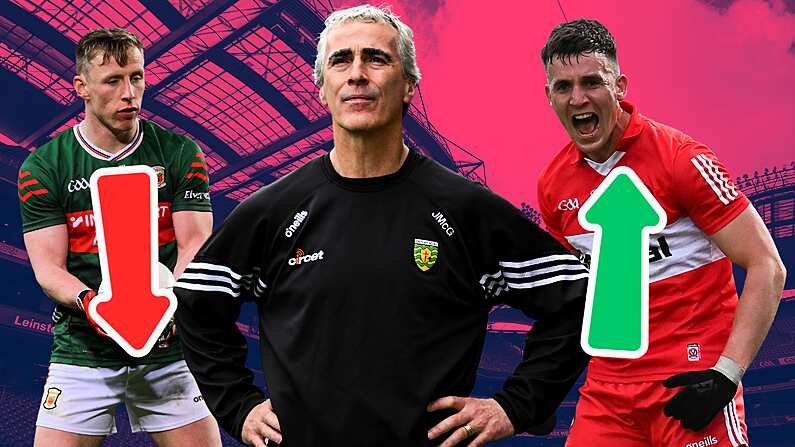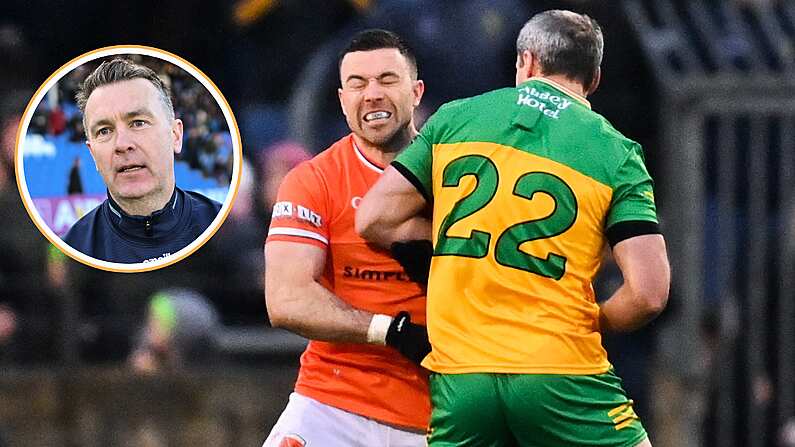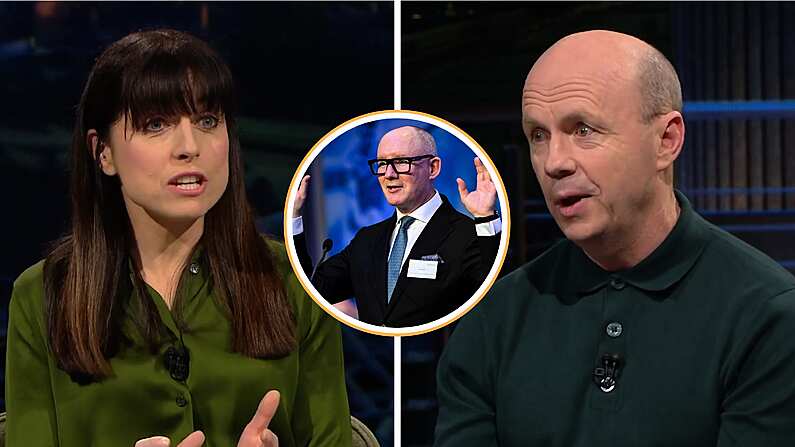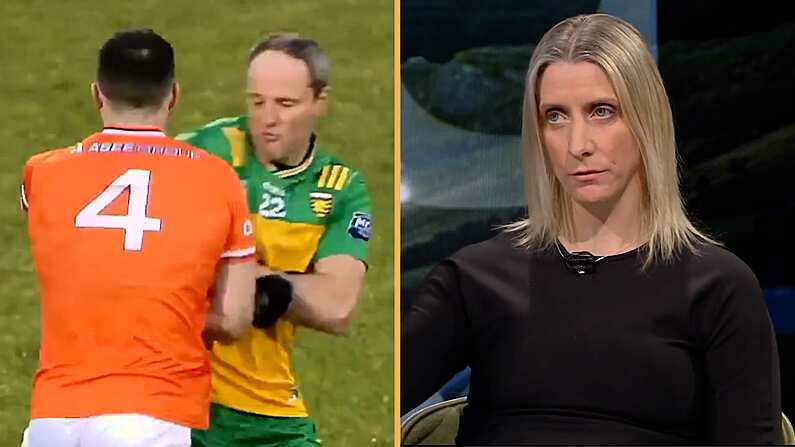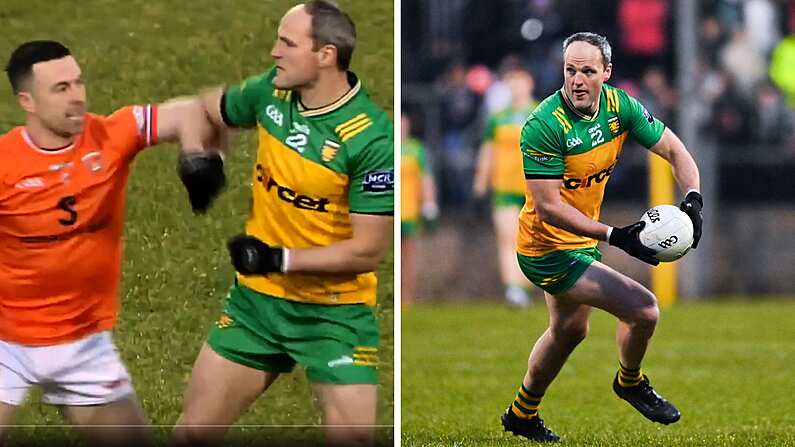Mayo footballer Padraig O'Hora says a GAA club not making winning their number one priority does not preclude the possibility that they will be successful.
"You will have people who will be 'It's about winning' and we're speaking about the other side, about inclusion and community," O'Hora said in episode two of the new SuperValu Dressing Room discussion series, due for release this Sunday 28th May.
"They are not contrasting ideas. It's not, if we focus on community, we won't win. It's actually the opposite. If you focus on providing an environment where everybody can grow and flourish, then you are actually going to end up with more success down the line anyway. They are not against each other.
"If we think of GAA right now, we think of the inter-county guys and girls that we see on the TV. The highest, elite level of the sport. It's very easy to forget how much it encompasses.
"The GAA club is community-based, and it should be a place for all. Our values can be obscured and skewed incorrectly sometimes based upon the principle of winning and victory. I know I've done it, and it's a big part of a lot of GAA clubs.
"We forget the value of community and people, and we become obsessed with victory and winning. If you have U10s and U12 coaches doing that, thinking about winning and not including everyone, it keeps going and it trickles up until you get to the point where your club is completely focused on success and not focused on 'How many people can we support? How big of a community we can build? How many people can we help?'
"Success is a smile on a kid's face and them coming back next week - that's what success is. If you can do that with 40 kids each week, each year, it's a lot better than them winning a trophy."
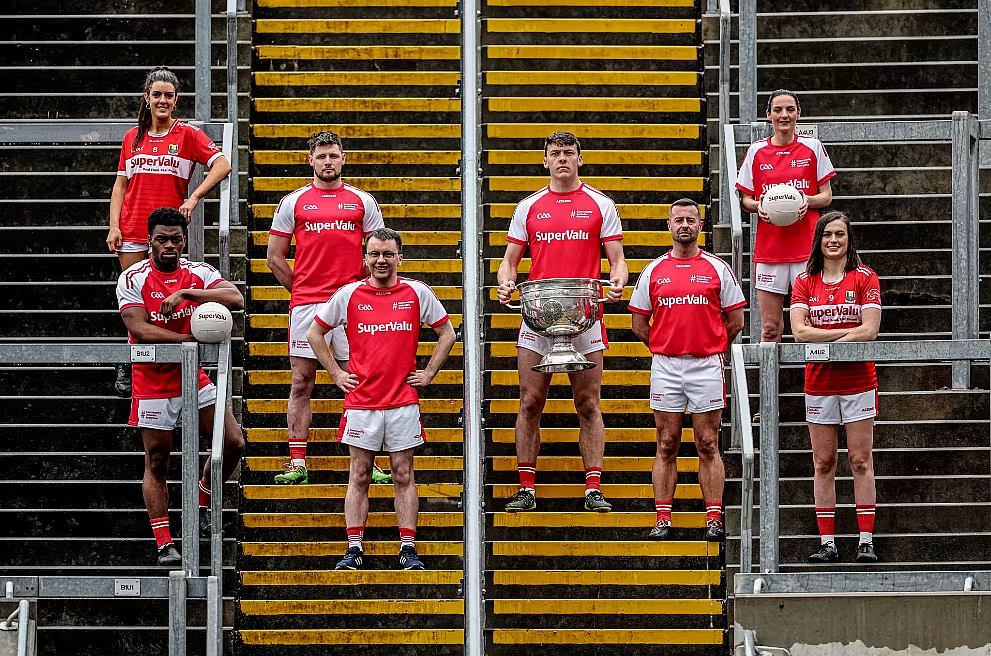
Pictured is four-time Kerry All-Star David Clifford, Mayo footballer and autism advocate Padraig O’Hora, leading GAA referee Maggie Farrelly, Tipperary GAA superfan and broadcaster, Kevin Hanley, Clare footballer Ikem Ugwueru, LGBTI+ community advocate and referee David Gough, and Hannah Looney and Erika O’Shea of the Cork Ladies Football Team. Mandatory Credit ©INPHO/Dan Sheridan
Former Cork footballer Orlagh Farmer, a PE Teacher and lecturer in Sport Education, said that based on research she has done, winning is low on the list of reasons children give for why they play sport.
"Being win their friends, having fun, challenging themselves with their skill [are the reasons why they play] but winning is number seven, eight, nine, ten," she said.
"That makes us think, 'What does success mean?' Perhaps coaches, clubs, players have to redefine that success rather than [it being] just winning county finals. Is that what success means or is it that you're progressing your skill on and off the pitch? That you're creating the opportunity, culture and environment to allow every player to empower themselves to succeed."

20 February 2022; Referee Maggie Farrelly throws the ball in during the GAA National Football League Division 4 match between Leitrim and London at Connacht GAA Centre of Excellence in Bekan, Mayo. Photo by Ray McManus/Sportsfile
Inter-county referee Maggie Farrelly, who is also the education and training co-ordinator with the Donegal Sports Partnership, pointed out that "the goals are set out by the coaches rather than the kids".
"We should turn that on its head and ask the kids what their goals are for the year," she said.
"We probably have to understand from a coaching perspective if we have 30 children coming to a coaching session, that we have 30 individual goals, 30 individual needs within that group.
"Then, how do we bring that all together? It's maybe getting the kids to fill out a quick survey or whatever in terms of what they want to achieve by the end of the year.
"Then us as coaches try to facilitate that in the best possible way. We have to change our culture and ethos within the club structure to allow coaches to be a little bit more open-minded in their own coaching philosophy."
Kevin Hanly, a GAA supporter, broadcaster and autism advocate, added: "For some people, the mentality of winning all the time... It should be about friendships, about building confidence. It's a community led organisation, the GAA, and everyone is part of it, and every kid should be accepted."
Sponsors of the GAA All-Ireland Football Championship for a 14th consecutive season, SuperValu have this season launched the Dressing Room discussion series (filmed earlier this year) featuring Padraig O'Hora, David Clifford, Maggie Farrelly, David Gough and a whole host of big GAA names. Find the episodes here.

